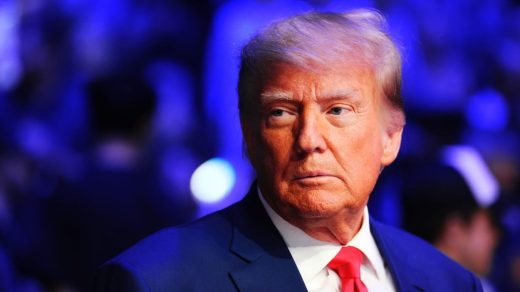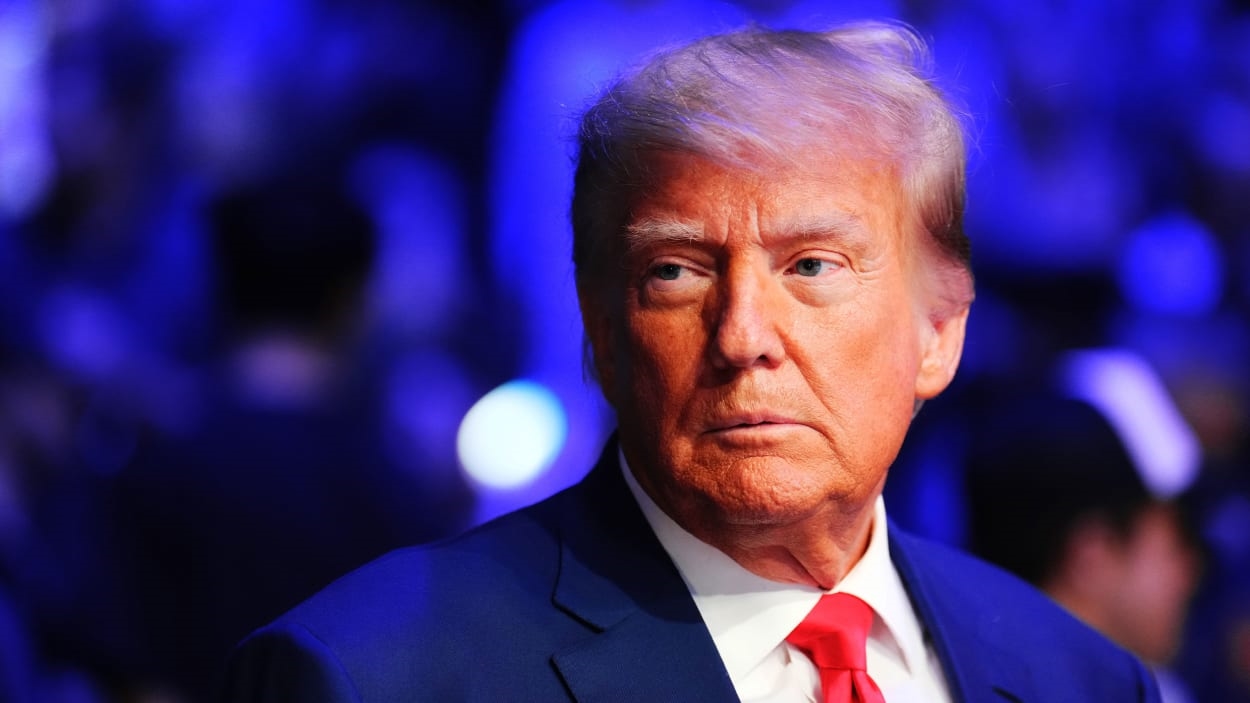A third indictment? How Trump’s latest criminal investigation could differ from the others
Former president Donald Trump claimed on Tuesday that he is the “target” of another criminal investigation by Justice Department (DOJ) special counsel Jack Smith—an indication that he’s likely to be indicted for a third time since leaving the Oval Office. These charges would relate to Trump’s attempts to overthrow the 2020 election, and his role in events leading up to the January 6 attack on the U.S. Capitol.
Trump announced the news in a statement on Truth Social. “WOW!” he wrote. “On Sunday night, while I was with my family, having just arrived from the Turning Point event in Florida, where I won the Straw Poll against all other Republican candidates with 85.7%, with all polls showing me leading in the Republican Primary by very substantial numbers, almost everyone predicting that I will be the Republican Nominee for President, and as I am leading Democrat Joe Biden in the polls by a lot, HORRIFYING NEWS for our Country was given to me by my attorneys.”
That horrifying news was “Deranged Jack Smith . . . stating that I am a TARGET of the January 6th Grand Jury investigation, and giving me a very short 4 days to report to the Grand Jury, which almost always means an Arrest and Indictment.”
The former president now faces 71 felony charges, though that count could reach the triple digits if he’s arrested again in the coming days. This would be the second time Smith has informed Trump that he’s the target of a federal investigation. The first was last month, over Trump’s alleged mishandling of classified documents once out of office, and obstructing the government’s efforts to retrieve them.
Speculation about forthcoming charges
It’s unclear this time which charges Trump may see brought against him, though experts who’ve said an indictment connected to January 6 may surface have mentioned that the counts could involve conspiracy to defraud the government as well as obstructing an official proceeding, a felony created post-Enron by the Sarbanes–Oxley Act.
Here, the alleged crime would be obstructing the Electoral College vote count on January 6. The government has successfully prosecuted other Capitol attackers with this charge. Proving Trump’s guilt would seem harder for the DOJ to do than establishing that he mishandled classified documents containing nuclear secrets that were seized from Mar-a-Lago. But it would also be harder for critics to dismiss these charges as frivolous.
Trump’s statement admits to receiving a so-called “target letter” from Smith, which serves to essentially alert someone that they are being formally investigated by the DOJ. It’s not an indictment, but rather a heads up that a DOJ charge is likely forthcoming. A sample letter posted to the DOJ website informs the recipient they have the right to appear before a grand jury if they so choose voluntarily.
Experts note that the odds of Trump doing that are pretty low; regardless, the grand jury empaneled by the court would still vote on whether to indict the former president. Twelve of the 16 jurors would need to say yes.
If jurors do indict Trump, he will be facing criminal charges in three different jurisdictions—the U.S. District Court for the Southern District of Florida (for the classified documents case), New York state court (for the hush-money case concerning Stormy Daniels), and the U.S. District Court for the District of Columbia (for this latest January 6 insurrection case, should it emerge).
Amazingly, a fourth jurisdiction is still looming: Georgia, for Trump’s alleged efforts to overturn the state’s 2020 election results.
This of course means up to four chances to face jail time. Each new indictment seemingly brings a healthier appreciation by all of the parties—Trump, his advisers, and his detractors—that the best defense would be to simply win the upcoming 2024 election and pardon himself.
A critical distinction between the classified documents case, which is being heard by a registered-Republican judge in conservative Palm Beach County, and one for January 6 is that a D.C. judge and jury may be more progressive and therefore less sympathetic.
(17)



